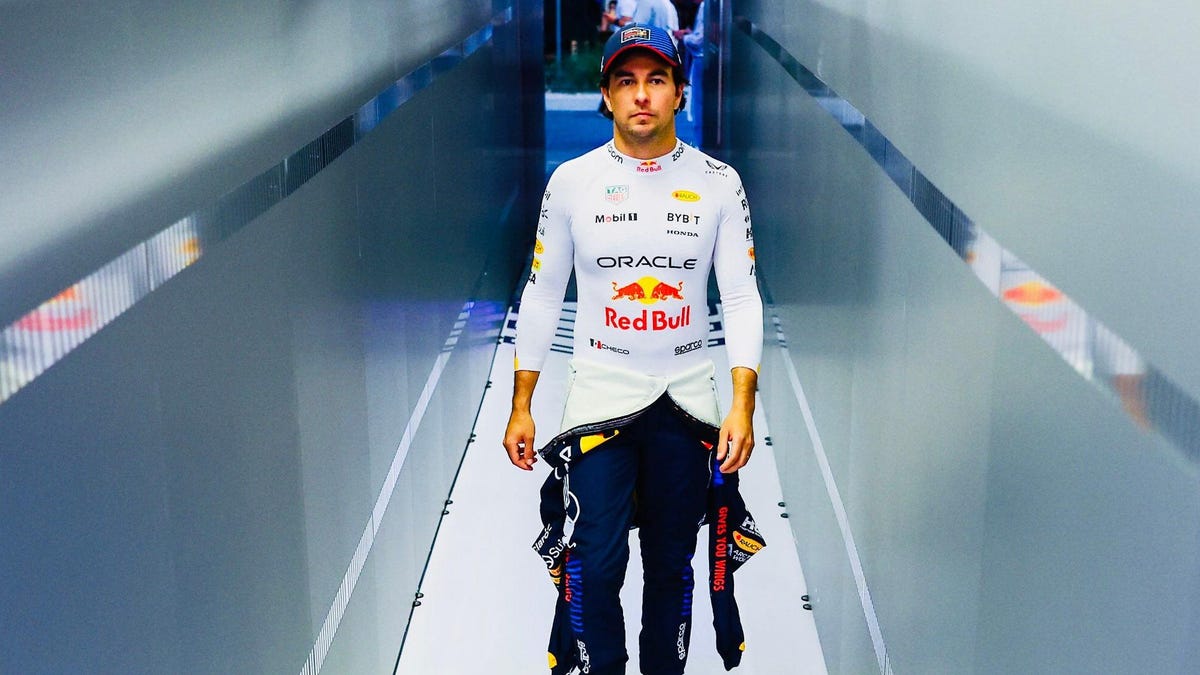It’s now the European Commission president’s duty, Kanko said, to unite the right, bringing together the ECR and von der Leyen’s center-right European People’s Party (EPP), which finished first in the recent ballot.
“We cannot be a group that won the elections, that is now a huge group, and then not be included in basic negotiations,” Kanko argued, adding that she believes voters have delivered a mandate to put the ECR in power. “The EPP won big, the ECR won big, just respect that.”
As the numbers currently stand, von der Leyen could form a tenuous majority in the Parliament by linking together three centrist parties — her EPP, the centrist Renew and the center-left Socialists & Democrats.
But most observers expect she will need to pull in more lawmakers from either the left or the right to cement her coalition. The Greens have been wooing von der Leyen openly, despite taking a drubbing in the election, pitching themselves as a pro-European partner. Now the ECR is getting in on the action, insisting it has more weight and greater legitimacy.
“We have the potential to be bigger than Renew,” Kanko said.
Indeed, the centrist Renew took the biggest loss in the EU election, shedding 23 seats. The ECR, meanwhile, grew slightly to 73 seats, six short of Renew. Kanko teased that her group could welcome new MEPs to grow their ranks further, while failing to provide specifics. Hungarian leader Viktor Orbán’s Fidesz party will be sending 10 MEPs to Brussels and is not affiliated with any parliamentary group, making it an obvious target for the ECR.







